
Traumatic brain injury (TBI) occurs as a sudden damage to the brain due to an external force. It is a devastating condition that can severely affect the sufferers and their families.
Traumatic Brain Injury Overview
Traumatic brain injury, also known as acquired brain injury or head injury is an injury to the brain caused by a violent blow to the head or an object penetrating the skull reaching the brain tissue. Traumatic brain injury can affect different physical and psychological functions including memory, consciousness, speech, personality and mobility.
Symptoms of Traumatic Brain Injury
Depending on the degree of brain injury, damage to the brain can range from mild to moderate and severe. Mild brain injury can result in unconsciousness that may last for a few seconds or a few minutes.
Traumatic brain injury is associated with symptoms such as headaches, lightheadedness, blurred vision, confusion, dizziness, tired eyes, bad taste in the mouth, ringing in ears, lethargy, fatigue, mood changes, memory problems, behavioral changes, concentration problems, difficulty sleeping or sleeping more than usual and trouble with thinking and attention.
In case of moderate to severe brain damage due to TBI, the affected person will experience all of the mentioned symptoms along with severe persistent headaches that may get worse. Nausea, vomiting, seizures, convulsions, weakness, inability to awaken from sleep, numbness in extremities, slurred speech, profound confusion, loss of coordination, dilation of the pupils, agitation and restlessness may be present too. Other symptoms include vision and hearing loss and bowel control loss. Loss of consciousness may last for over 30 minutes.
Treatment for Traumatic Brain Injury
Moderate to severe traumatic brain injury requires prompt medical treatment. The affected person has to be hospitalized where health care providers aim to stabilize his/her condition and prevent further damage to the brain.
If necessary a doctor must unblock airways and ensure that the brain receives sufficient oxygen supply. Blood flow to the brain has to be maintained and blood pressure kept under control.
Once the patient is stabilized, the doctor will order neck and skull x-rays to see if there are any bone fractures or spinal instability. CT scan is preferred imaging test when the injury is moderate to severe.
Rehabilitation process
Rehabilitation is important part of the treatment for traumatic brain injury. Rehabilitation involves individually tailored treatment depending on the severity of impaired brain functions. Rehabilitation for TBI includes occupational therapy, physical therapy, speech therapy, social support, psychology and psychiatry.



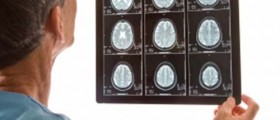


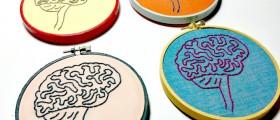

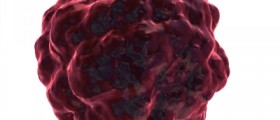



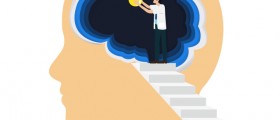


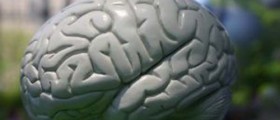
Your thoughts on this
Loading...